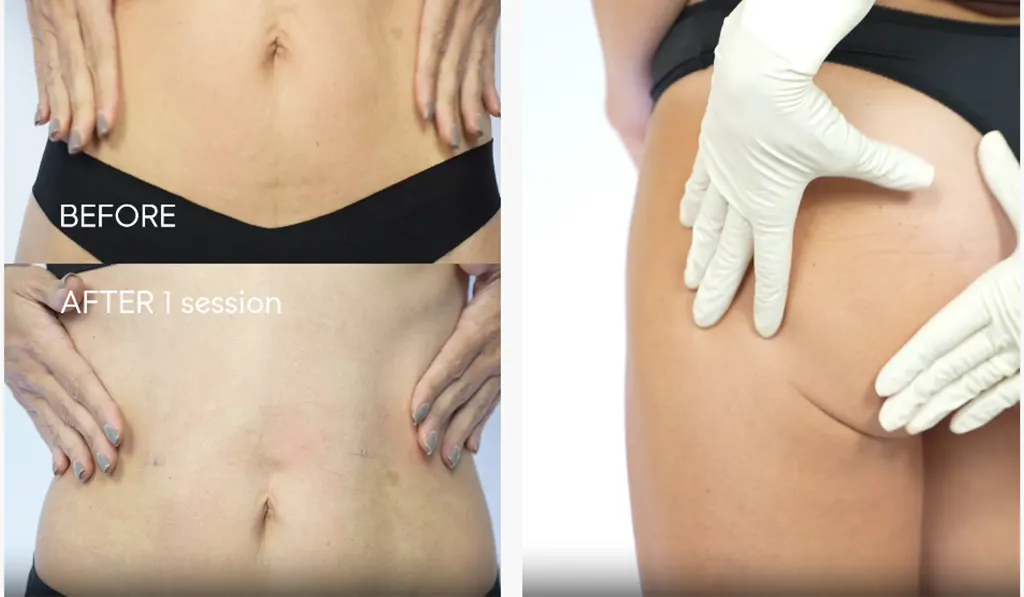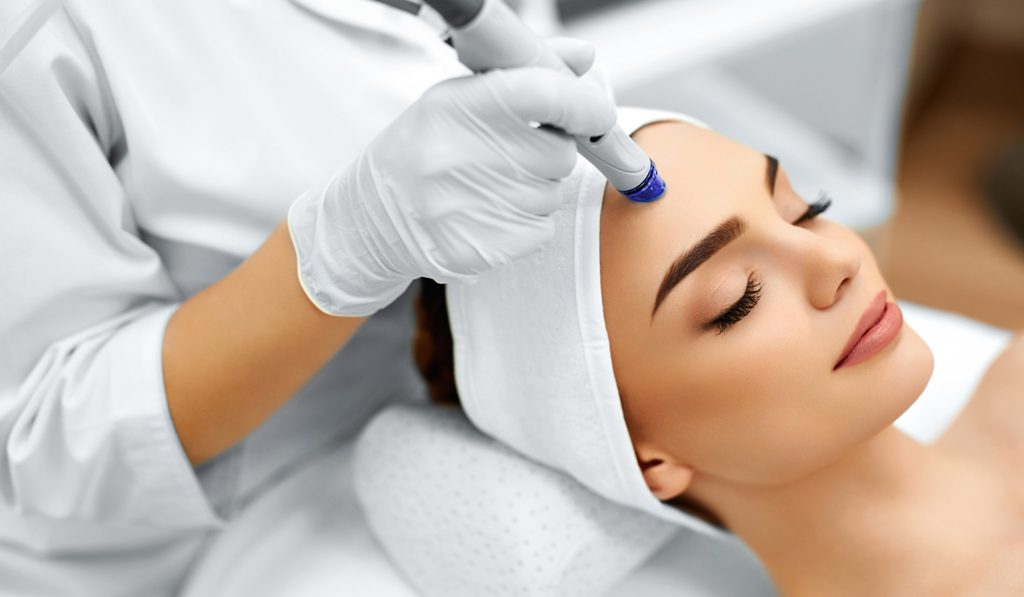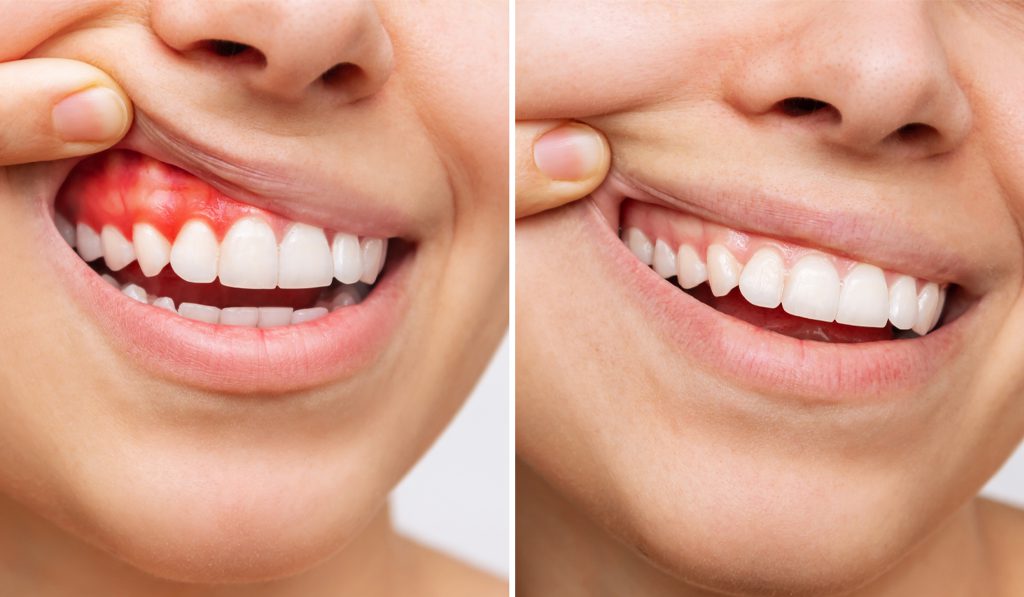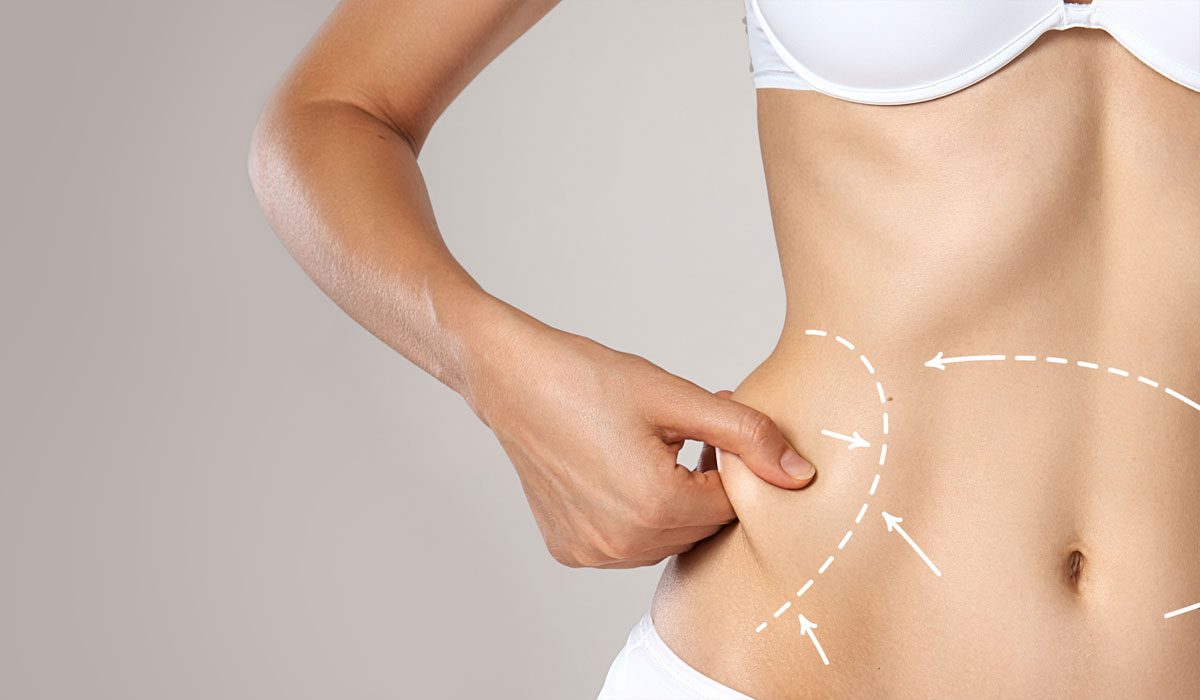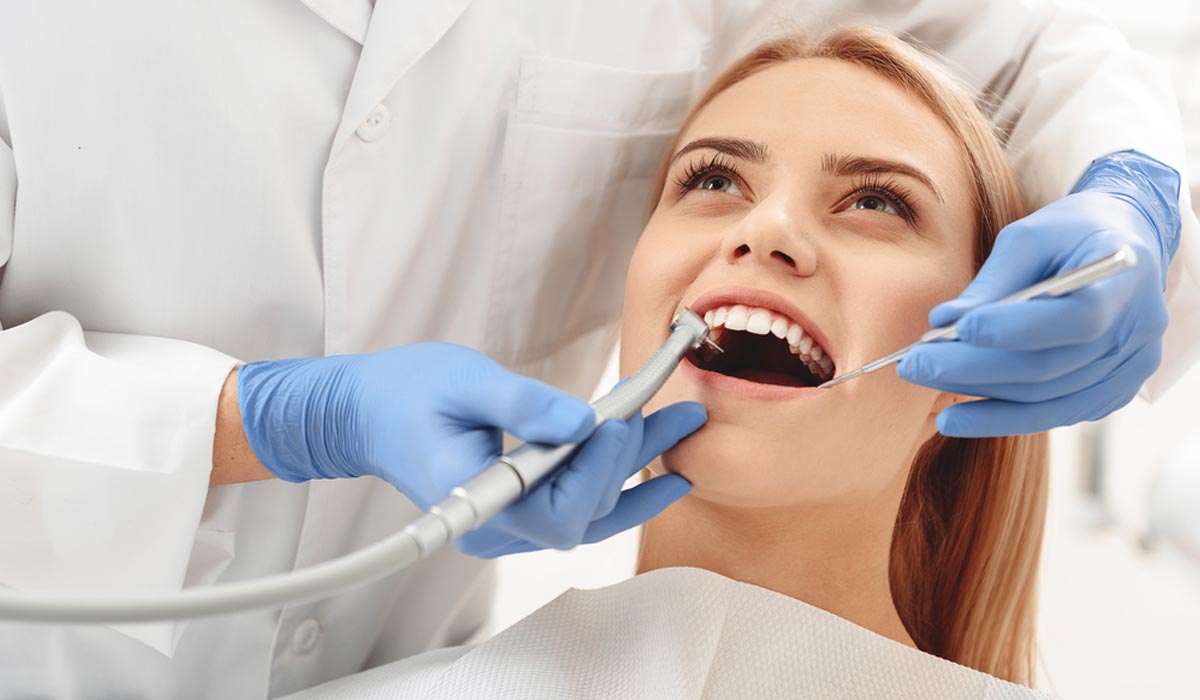The charm of youthful skin is something that we all aspire to retain. But, of course, it is not always possible to do so for reasons beyond our control. Your face will naturally lose its youthful softness and suppleness with due time or other related factors. However, that doesn’t mean you have to render helpless to it.
You can literally lift up the youthfulness of your facial skin, thanks to all the developments of the facial skin treatments in the medical world. And keeping true to its job, these treatments are known as face-lift, which is what we are going to discuss in length today. From what it is to who can opt for it, from the preparations you need to make before getting a face-lift to the aftercare regimes you need to bear in mind, this is your pit-stop to understand everything related to this dynamic treatment that has the world in its grip. Let’s start by understanding what Facelift treatment means.
What is Facelift?
Your skin and tissues will lose their elasticity as time goes. This would lead to the formation of wrinkles and sagging skin on your face. A facelift is a cosmetic and medical procedure that helps in giving a younger appearance to your face by lifting and tightening your skin tissues. It is also popularly known as rhytidectomy.
The major areas that this procedure focuses on is reducing the folds on your jawline and cheeks and tightening any sagging skin in your face. It targets the hanging skins in and around your jawline that are known as jowls. Besides, it also helps in removing deep creases around your nose and mouth and the fat under your chin. Usually, facelifts focus on the bottom two-third areas of your face. To put it into simple words, it reshapes the lower half of your face.
Evident by its name, a flap of skin on each side of your face is actually lifted (or to be precise pulled back) during the procedure. In order to contour your face to a more youthful shape, the tissues underneath your skin are surgically altered and the excess skin (if there is any) is removed before flaps are closed with the help of sutures.
Similar to the facelift, you can also go for a neck lift that is primarily done to reduce the sagging skin and fat deposits from your neck. An eye or brow lift, on the other hand, takes care of the skin around your eyes and eyebrows.
How to Prepare Yourself for Facelift?

First and foremost, you need to understand the health of the skin of your face. You just can’t get up one morning and head out for a facelift treatment. You need to prepare your body for it, and more importantly, need to assess whether you actually need it or not.
As much as you think you know the health of your skin, it is crucial to get a medical examination. To do that, get an appointment at a certified skin clinic and speak to the dermatologist about all your present and past medical conditions, surgeries, plastic surgeries, allergies, smoking and drinking habits, etc. In addition to it, you also have to reveal the types of medications (if any) that you are currently under. These include over-the-counter drugs, prescription drugs, herbal drugs, and dietary and vitamin supplements. You will have to undergo certain tests to see if you can undergo a facelift or not.
The plastic surgeon who would operate on your face would take numerous photographs of your face from various angles to study the minute little details of the shape and structure of your bone, fat distribution, and the quality of your skin.
Your surgeon will then ask you about what your expectations are from the procedure. This is very important because sometimes a lot of candidates have unrealistic expectations. For instance, if you are 50 years old, you can’t expect to look like a teenager from a facelift. The job of your surgeon is to bridge the gap between these unrealistic expectations and actual facts.
Preps before a Facelift
- Based on your dermatologist and surgeon’s advice, you will need to stop certain medications, especially if you are under any blood-thinning medications or supplements, at least two weeks before the surgery. You might be prescribed some new medications to prepare your body for the surgery.
- You would have to wash your hair and face with a germicidal soap or shampoo the day of the operation.
- You would also have to avoid eating anything for a few hours (usually 12 hours) before the surgery. However, you would be able to drink water. Don’t forget to ask your dermatologist about it.
- You might have to spend the night at the hospital. So, arrange yourself accordingly.
How Does the Facelift Procedure Take Place?
Facelifts primarily involve lifting or elevating your facial skin and tightening the underlying muscles and tissues. Through this process, the fat in your face is removed, redistributed, or sculpted.
The skin is then re-draped over the newly reshaped and repositioned contours of your face. In addition, if there are any excess skins, it is taken care of by removing it. Finally, the wound is stitched or closed with tape.
Yes, that’s correct! Medical tapes or bandages are used to provide gentle pressures on the area of your face where the surgery has been performed. This is done to minimalize any bruising or swelling. Based on the severity of your condition, sometimes your surgeon may place a small tube underneath your facial skin either behind one or both of your ears so that any excess bodily fluid or blood can be drained easily.
Facelift – Aftercare & Recovery Time
You might experience moderate pain immediately after the procedure alongside some swelling, numbness, and bruising. These are pretty normal and nothing to worry about. However, if you notice the following symptoms, you need to contact your surgeon immediately:
- Difficulty in breathing
- Severe facial pain
- Chest pain
- Irregular heartbeats
It is advised to rest and sleep with your head elevated for a few days after the surgery. You may also apply cool packs to your face to ease the pain and minimalize the swelling. Feel free to ask your anti-aging specialist about any pain-killers.
Generally, the recovery period is two weeks, after which you can resume your daily activities. However, you should always consult your dermatologist about it to be certain.
Risks Involved with Facelift
As with any other surgical treatment, a facelift does involve certain risks. This is why we stress the importance of getting it done only from a reputed medical centre.
There might be some long-term complications that you should know about before undergoing facelift surgery. These complications are very rare, but you still should be aware of them. They are as follows:
- Scarring
- Hematoma
- Skin loss
- Hair loss
- Nerve injury
So, once again, get a hold of a well-trusted dermatologist. Talk to him or her about the condition of your facial skin and what you want to do about it. After hearing all the benefits and risks involved, weigh in your options and proceed.
References
Fereydoun Pourdanesh, Mohammad Esmaeelinejad, Seyed Mehrshad Jafari, and Zahra Nematollahi – Research Gate – Facelift: Current Concepts, Techniques, and Principles. Available at:
https://www.researchgate.net/publication/307574640_Facelift_Current_Concepts_Techniques_and_Principles
Adrian Furnham and James Levitas – NCBI – Factors that motivate people to undergo cosmetic surgery. Available at:
https://www.ncbi.nlm.nih.gov/pmc/articles/PMC3513261/
Dane M. Barrett, Fernando J. Casanueva, and Tom D. Wang – Evolution of the Rhytidectomy. Available at:
https://www.ncbi.nlm.nih.gov/pmc/articles/PMC5698509/



